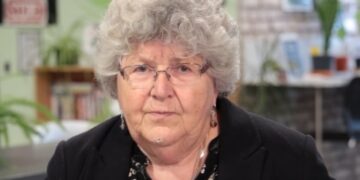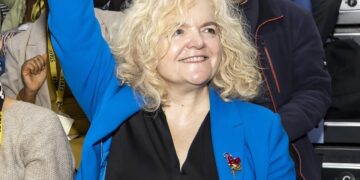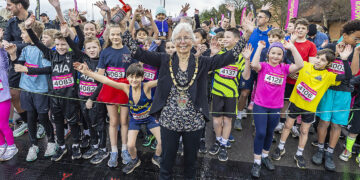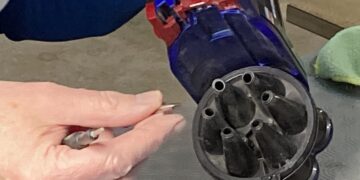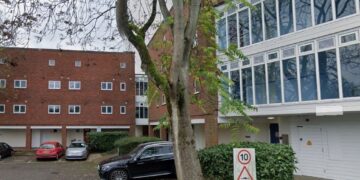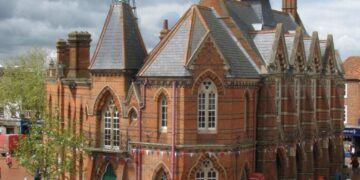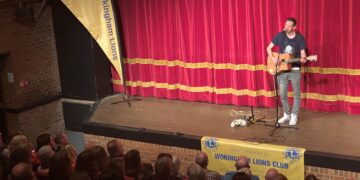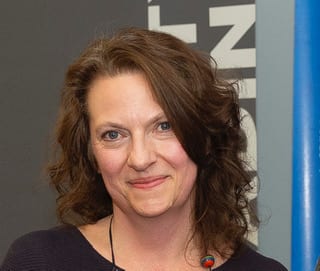HOW do you build a community? Street parties? Door knocking? Carol singing? Or maybe a university can help?
For the past five year, the Whitley Researchers collective has been helping the University of Reading with its work in the community.
It’s been spearheaded by Dr Sally Lloyd-Evans – and she has just been appointed to lead the Earley-based learning institution’s public engagement programme.
The new role recognises to help understand issues that matter to local communities, you need to be able to talk to them – and you don’t need a degree to know that.
Alongside her work, Dr Lloyd-Evans will lead the University’s commitment to work alongside its neighbouring communities in the greater Reading area. And naturally, for a student of human philosophy, she can’t wait to get started.
“Over the past five years, I’ve been involved in training and empowering local residents and young people as researchers which has enabled Reading communities and organisations to understand and shape their local services,” she explains.
“The fellowship gives me dedicated time to share learning and facilitate more university colleagues, students and local residents to champion community-based research that supports the needs of our diverse communities.”
And she intends to focus on building a knowledge exchange across Berkshire to start with.
“There are many inspirational examples of best practice in our communities and we need to develop
a collective framework for sharing our experiences and knowledge,” she says.
And students will play a key role in this – but not leading carol singing.
Professor Parveen Yaqoob, Deputy Vice Chancellor and Pro Vice Chancellor for Research and Innovation at the University of Reading said: “Sally’s commitment to public engagement makes her the ideal person to lead the University of Reading in this area.
“Research has the power to make a demonstrable difference to communities, by understanding local needs and providing clear evidence for a need to change.
“I am very much looking forward to seeing how Sally helps us all to broaden our scope, work more closely with our neighbours and be a beacon for public engagement in the UK research community.”

